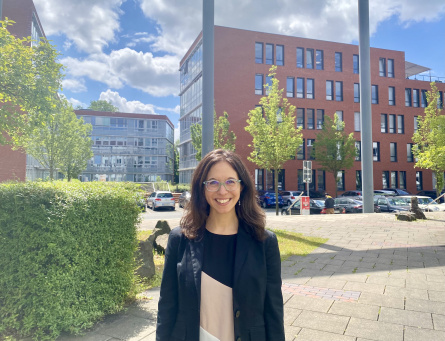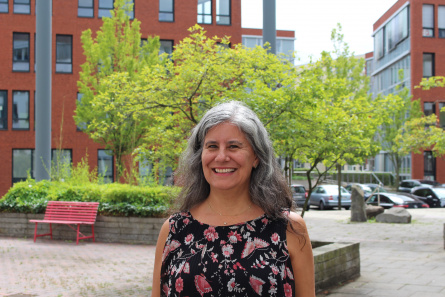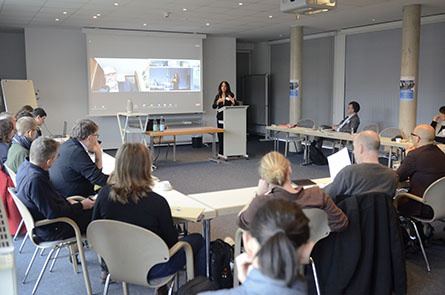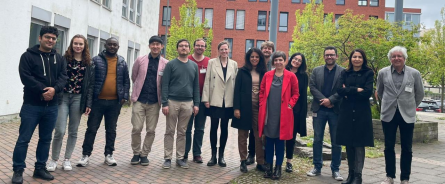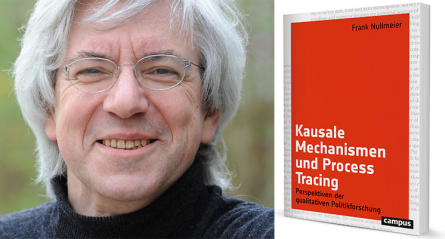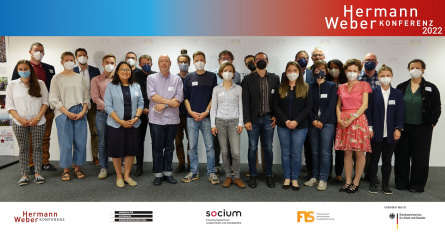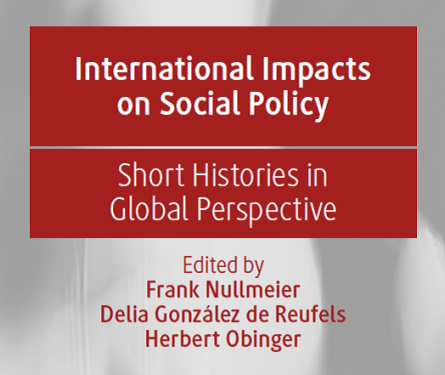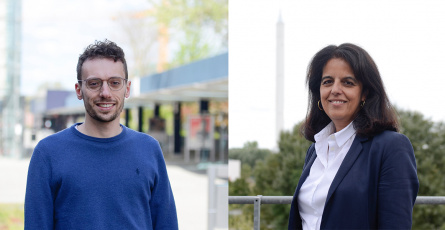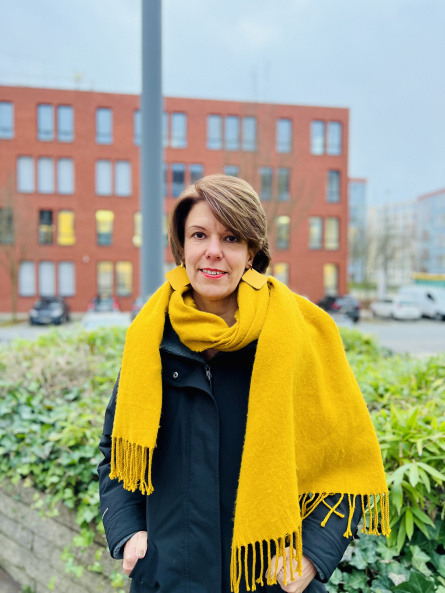
As the last event of our Jour Fixe series in 2024, Prof. Dorottya Szikra from the Institute for Sociology, Centre for Social Sciences (Budapest, Hungary) held a lecture on "Social Policy in Autocratizing Context. Inclusionary and Exclusionary Processes" on December 11. Her presentation and the subsequent discussion with over 20 colleagues focussed on social policy reforms in Russia, Turkey, Hungary, Poland, and India.
Abstract: Illiberal parties’ grasp on power has relied on economic and social policy as much as on the demise of checks and balances and the distortion of electoral rules. Research has so far overlooked the ways in which these parties attract formerly neglected social groups with their welfarist approach. This lack of attention is not only important in scientific terms but has political consequences. Democratic forces are often blind to realize what illiberal and autocratic leaders offer in material terms to masses. This presentation summarizes a decade of comparative research into the social policies of populist, illiberal and autocratizing rulers. Utilizing examples from the procedures, content and discourses of welfare reforms in Russia, Turkey, Hungary, Poland, and India, we show how illiberal and authoritarian incumbents shape their welfare states in different geopolitical settings, and build up popularity through social policy programs.
Literature:
- Tomasz Inglot, Dorottya Szikra, Cristina Raț (2022): Mothers, Families or Children? Family Policy in Poland, Hungary, and Romania, 1945-2020. University of Pittsburgh Press. [Link]
- Dorottya Szikra, Kerem Gabriel Öktem (2023): An illiberal welfare state emerging? Welfare efforts and trajectories under democratic backsliding in Hungary and Turkey. In: Journal of European Social Policy. Sage. [Link]
- Dorota Szelewa, Dorottya Szikra (2024): Fighting Gender Equality under the Pandemic. The Case of Polish and Hungarian Anti-Gender Equality and Anti-LGBTQ+ Policies under the COVID-19 Crisis. In: PArtecipazione e COnflitto. [Link]
Dorottya Szikra is Research Professor and Head of Department at the Centre for Social Sciences, Budapest, and Visiting Professor at the Department of Gender Studies, CEU Vienna. She is teaching Welfare State and Gender under Undemocratic Rule and Critical Theory on Policy and Practice in 2023/2024. She is the country-lead of the ERC project WelfareExperiences analyzing how different welfare systems can affect people's mental health and chances of returning to work.
Szikra is also associated with CEU Democracy Institute where she led a CIVICA reseach project entitled Welfare, Democracy, and Populism under the COVID-19 Crisis (WELDECO). Szikra's main research field is welfare state and family policy development in Central and Eastern Europe. Between 2016 and 2020 she acted as the co-chair of the European Social Policy Analysis Network (ESPAnet). She has acted as a member of the editorial boards of various journals, including the European Journal of Social Security, the Hungarian on-line journal socio.hu and since 2020 the Journal of European Social Policy. Since 2021 she has served as a member of the EC commissioned High-Level Group on the future of social protection and of the welfare state in the EU.
Contact:
Dr. Kerem Gabriel Öktem
CRC 1342: Global Dynamics of Social Policy
Mary-Somerville-Straße 7
28359 Bremen
E-Mail: oektem@uni-bremen.de



